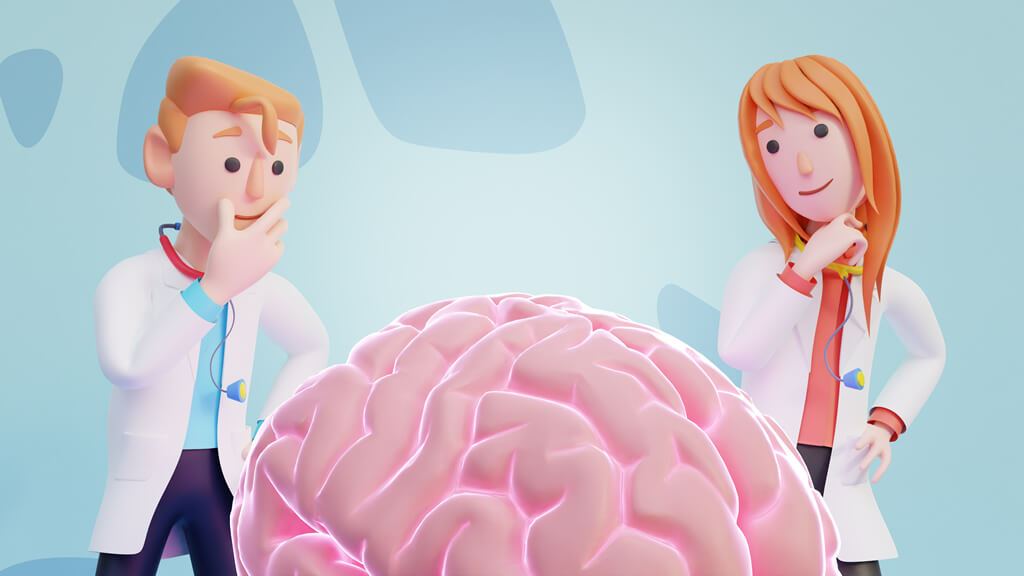The Science of Brain Health: Understanding the Importance of Brain Function
Brain health is a critical aspect of overall wellness, influencing our ability to think, learn, and remember. While genetics play a role in cognitive function, lifestyle factors such as diet, exercise, and mental stimulation also significantly impact brain health. In this article, we’ll explore the science behind cognitive health and discuss strategies for promoting optimal brain function.
The Brain: A Complex Organ
The brain is the body’s control center, responsible for processing information, regulating emotions, and controlling bodily functions. It consists of billions of nerve cells called neurons, which communicate with each other through electrical and chemical signals. The brain is divided into different regions, each with specific functions related to cognition, emotion, and behavior.
Neurotransmitters and Cognitive Function
Neurotransmitters are chemical messengers that transmit signals between neurons. They play a crucial role in regulating mood, memory, and cognitive function. Imbalances in neurotransmitter levels have been linked to various mental health disorders, including depression, anxiety, and cognitive decline. Examples of neurotransmitters include serotonin, dopamine, and acetylcholine.
Nutrition and Brain Health
Nutrition plays a vital role in brain health, providing the essential nutrients needed for optimal cognitive function. Omega-3 fatty acids, found in fatty fish, walnuts, and flaxseeds, support brain structure and function. Antioxidants, such as vitamins C and E, help protect the brain from oxidative stress and inflammation. B vitamins, including folate, B6, and B12, are involved in neurotransmitter synthesis and cognitive processes.
Exercise and Brain Health
Regular physical activity has been shown to have numerous benefits for brain health. Exercise increases blood flow to the brain, promotes the release of neurotransmitters, and stimulates the growth of new brain cells. Studies have found that individuals who engage in regular exercise have better cognitive function, improved memory, and a reduced risk of cognitive decline with age.
Mental Stimulation and Brain Plasticity
Brain plasticity, also known as neuroplasticity, refers to the brain’s ability to adapt and change throughout life. Mental stimulation, such as learning new skills, solving puzzles, and engaging in creative activities, promotes brain plasticity and enhances cognitive function. Research suggests that intellectually stimulating activities can help maintain cognitive function and reduce the risk of age-related cognitive decline.
The Role of Supplementation in Brain Health
Supplementation plays a crucial role in supporting cognitive health by providing essential nutrients and bioactive compounds that may be lacking in the diet. While obtaining nutrients from whole foods is ideal, dietary restrictions, busy lifestyles, and environmental factors can sometimes make it challenging to meet our nutritional needs solely through diet alone. In such cases, supplementation can help fill in the gaps and ensure adequate intake of nutrients crucial for brain function.
NeuroZoom, a revolutionary supplement formulated with a powerful 35-in-1 memory essential formula, exemplifies the importance of supplementation in cognitive health. Packed with antioxidants, minerals, vitamins, and herbs carefully selected to support brain function, NeuroZoom offers a convenient and effective way to enhance memory, concentration, and mental acuity. By incorporating NeuroZoom into a comprehensive approach to cognitive health, individuals can optimize brain function and promote overall wellness.
Conclusion:
Brain health is a multifaceted aspect of overall wellness, influenced by genetics, lifestyle factors, and environmental influences. By prioritizing nutrition, exercise, and mental stimulation, individuals can support optimal brain function and reduce the risk of cognitive decline. Investing in cognitive health is essential for maintaining mental acuity, improving quality of life, and promoting healthy aging.

